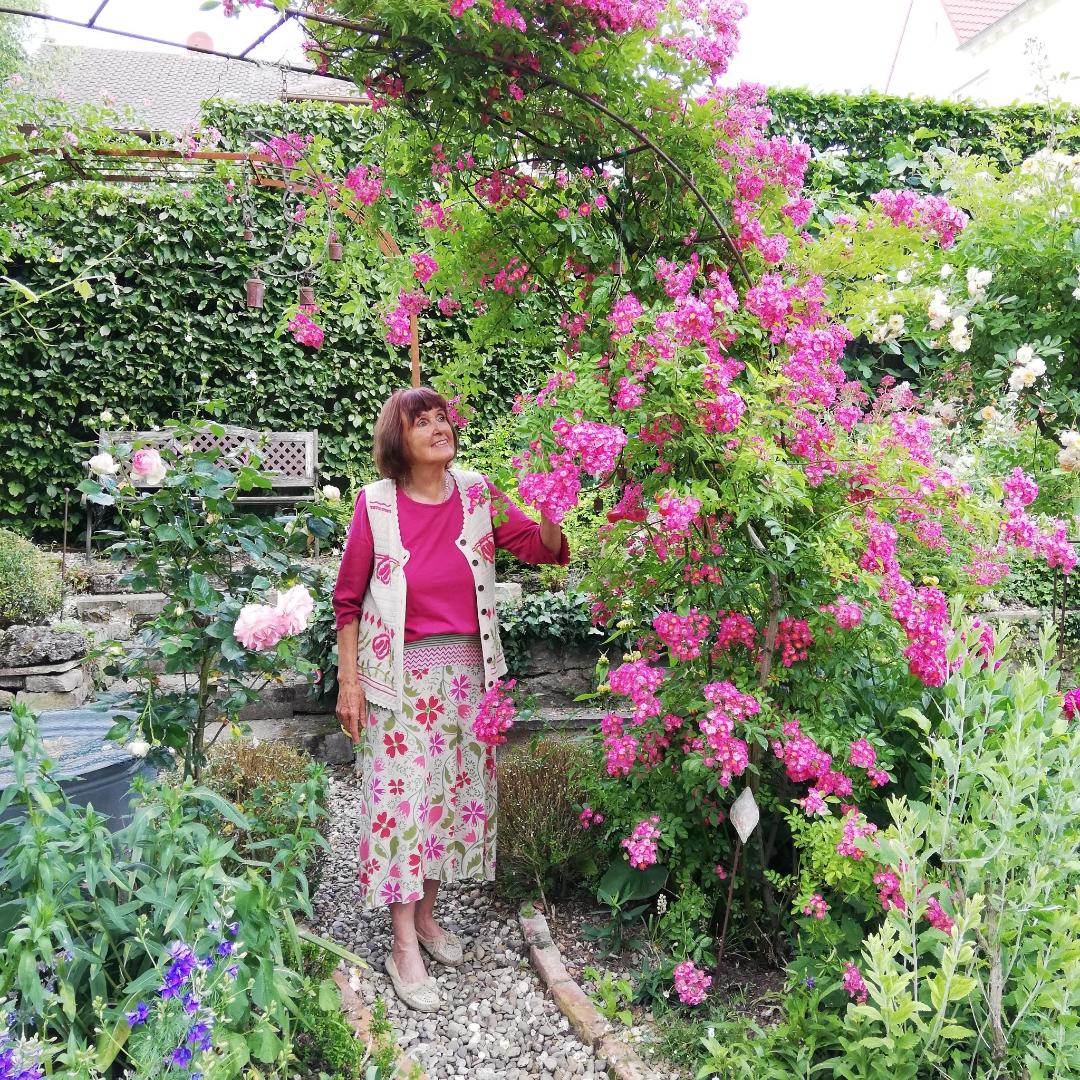The Transformative Power of Garden Therapy: Cultivating Well-being and Healing
Garden therapy, also known as horticultural therapy, is an increasingly popular form of therapeutic intervention that utilizes gardening and plant-related activities to promote physical, mental, and emotional well-being. Whether it’s cultivating a small herb garden or tending to a larger community garden, the act of engaging with nature has proven to have a profound impact on individuals’ health and overall quality of life. In this article, we will explore the positive effects of garden therapy and how it can transform lives.
The Therapeutic Benefits of Garden Therapy:
- Stress Reduction: Spending time in a garden setting can provide a peaceful and tranquil environment that helps reduce stress and anxiety. The rhythmic tasks of planting, weeding, and harvesting can have a calming effect on the mind, promoting relaxation and a sense of inner peace.
- Physical Rehabilitation: Garden therapy has been found to be particularly beneficial for individuals undergoing physical rehabilitation. Engaging in gardening activities helps improve fine motor skills, coordination, and strength. Tasks like digging, watering, and pruning can aid in the recovery process and enhance physical dexterity.
- Mental Health Enhancement: Numerous studies have shown that garden therapy can significantly improve mental health conditions such as depression and anxiety. The act of nurturing plants and watching them grow fosters a sense of purpose and accomplishment, boosting self-esteem and reducing symptoms of psychological distress.
- Social Interaction: Participating in community gardens or group garden therapy sessions can foster a sense of belonging and social connectedness. Working alongside others in a collaborative environment encourages communication, teamwork, and the building of supportive relationships.
- Cognitive Stimulation: Garden therapy provides a multi-sensory experience that stimulates cognitive abilities. The engagement with nature, the observation of colors, textures, and scents, as well as the learning involved in plant care, all contribute to cognitive stimulation and can improve memory, attention, and problem-solving skills.
Case Studies and Success Stories: There are numerous examples of individuals whose lives have been positively transformed through garden therapy. From veterans with post-traumatic stress disorder finding solace in garden settings to children with developmental disabilities improving their motor skills and self-confidence, the impact of garden therapy spans across a wide range of populations.
Garden therapy offers a holistic approach to healing and well-being by harnessing the power of nature. The combination of physical activity, sensory stimulation, and social interaction in a garden environment has proven to be a powerful therapeutic tool. As more research continues to highlight the benefits, garden therapy is being recognized as a valuable adjunct to traditional healthcare practices, providing a natural and sustainable path to improved quality of life.

Lilly Botto -Writer -” House & Garden” Category







